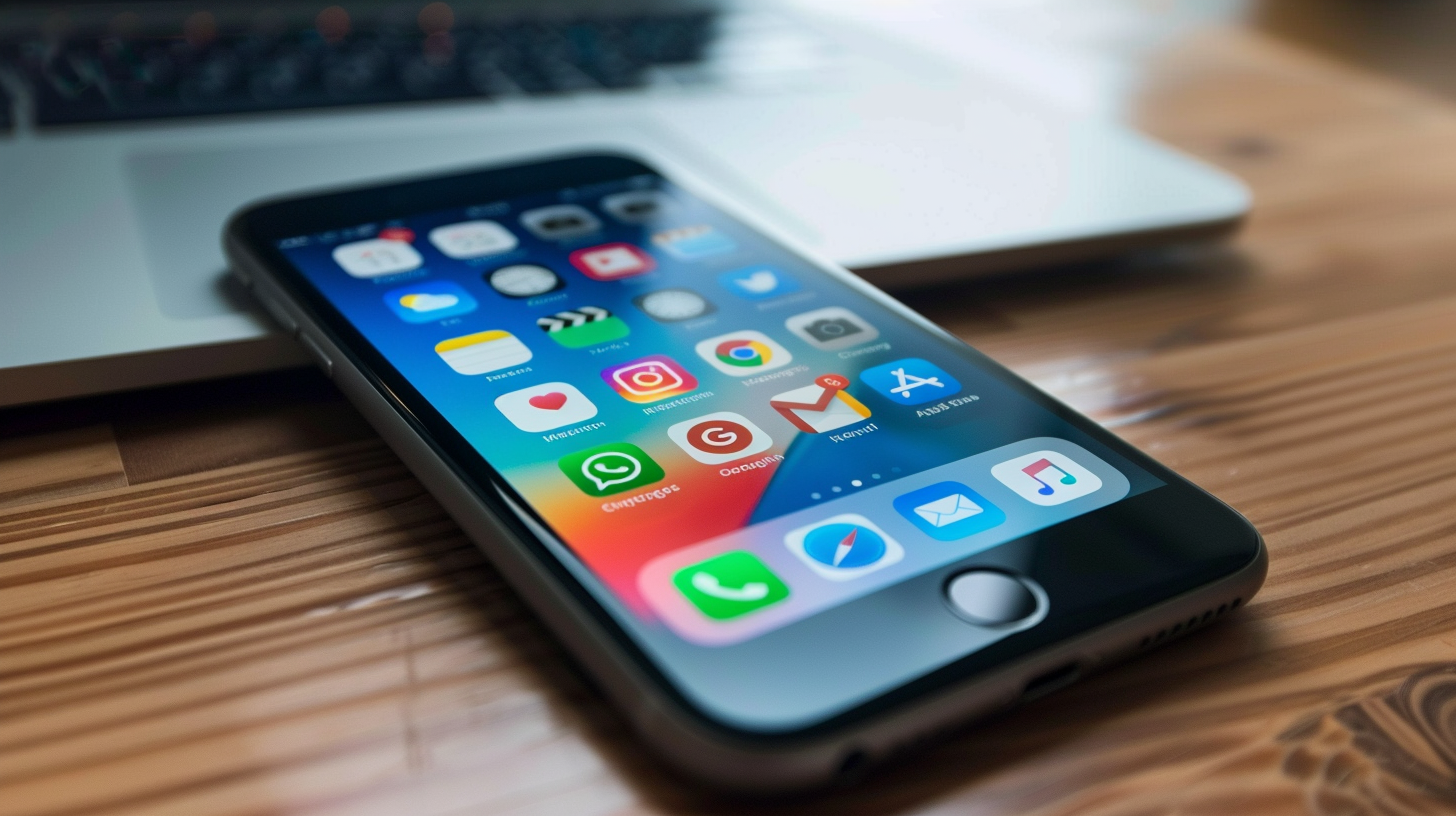Apple is actively exploring partnerships with tech giants like Google and OpenAI as it accelerates its artificial intelligence efforts, according to a recent report from Bloomberg. The iPhone maker is said to be in “active negotiations” with Google to integrate the search giant’s Gemini generative AI into future Apple products and services.
The potential deal would give Apple access to Google’s advanced AI capabilities, allowing it to rapidly implement features like AI-powered text and image generation into offerings like iOS, Siri, and its productivity apps. Bloomberg reports that Apple has also considered integrating OpenAI’s viral ChatGPT model, highlighting the company’s willingness to leverage external AI expertise.
This openness to AI partnerships represents a strategic shift for the traditionally vertically integrated Apple. CEO Tim Cook confirmed earlier this year that the company is devoting “tremendous time and effort” to generative AI, with plans to release AI-powered features to consumers “later this year” with iOS 18. However, Apple’s in-house AI development efforts are reportedly lagging rivals.
While Apple employees have been testing an internal AI assistant called “Apple GPT,” the company’s generative AI tech is described as less capable than that of Microsoft, Google, and others. A partnership would allow Apple to utilize cutting-edge cloud AI while its own large language model, codenamed “Ajax,” continues development.
For Google, scoring an AI integration deal with its chief mobile rival would be a coup – expanding its AI’s reach to over 2 billion active iPhones globally. It could also strengthen Google’s position amid intensifying regulatory scrutiny over its lucrative deals making Google Search the default on Apple devices.
The two tech titans already have an $18 billion annual agreement in place for Google to be the preloaded search engine on iPhones and iPads. Adding AI services could make this partnership even more lucrative and harder for regulators to disentangle.
However, the deal risks being perceived as an admission from Apple that its AI capabilities lag behind Google’s, at least for now. Apple prides itself on cutting-edge silicon and integrated hardware/software experiences. Relying on Google’s AI could undermine its position as an innovation leader.
Apple may aim to provide on-device AI through its own models, while tapping Google’s cloud AI for more intensive generative tasks like text prompts or image creation. It’s already taken this hybrid approach with other services like Maps and web search.
Another complicating factor is Apple’s historical stance on privacy and protecting user data. Integrating Google’s AI could raise concerns about data sharing and usage policies that differ from Apple’s privacy-centric approach.
While the negotiations underscore Apple’s AI ambitions, many details remain unclear – including potential branding, business terms, technical implementation, or whether a deal will even be reached. Bloomberg reports any announcement is unlikely before Apple’s Worldwide Developers Conference in June.
As the AI Arms race intensifies, Apple is evidently willing to consider previously unorthodox partnerships and concessions to avoid falling behind rivals in this revolutionary technological domain. How it balances AI capabilities with its core principles and ultimately delivers its AI-powered user experiences will be crucial to maintaining its industry-leading device ecosystem.
